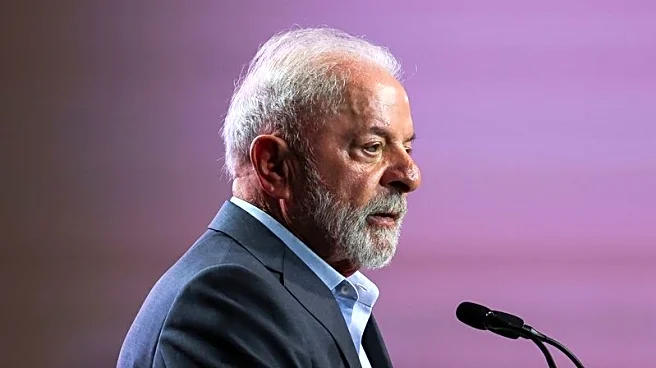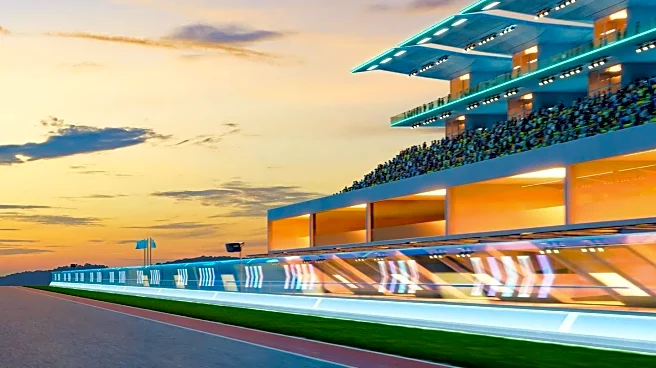BRASILIA (Reuters) -Brazilian President Luiz Inacio Lula da Silva signed on Tuesday a decree seeking to lower intermediation costs in the country's multi-billion-real meal voucher market, which will cap
card processor fees and shorten settlement periods.
Meal and food vouchers move about 170 billion reais ($31.46 billion) annually in Brazil under the Worker Food Program (PAT), created in 1976 to grant tax benefits to companies providing meals to formal employees, covering more than 22 million workers.
Four companies - Ticket-owner Edenred, Sodexo operator Pluxee, and privately-owned Alelo and VR - currently control about 85% of the market in Latin America's largest economy.
The government so far has refrained from enforcing previous legislation that would effectively open the sector to greater competition.
Starting in 90 days, a cap of 3.6% will apply to the merchant discount rate (MDR), the fee charged to merchants per transaction, according to Lula's decree.
Government estimates seen by Reuters show that restaurants currently pay about 8% more on meal voucher transactions than on credit card sales.
The Lula administration also set a maximum settlement period of 15 days for these transactions, compared with contracts that typically required payment after 30 days.
Both measures had been under discussion for months.
The move follows a 2022 law intended to liberalize the sector, which remains largely unregulated.
That law introduced "interoperability," allowing vouchers from different brands to be accepted on the same card machines. The government said that under Lula's decree, this rule will take effect within a year.
Another provision of that law, "portability," which would let workers transfer meal credits to providers of their choice, remains stalled.
(Reporting by Marcela Ayres; Editing by Gabriel Araujo)









